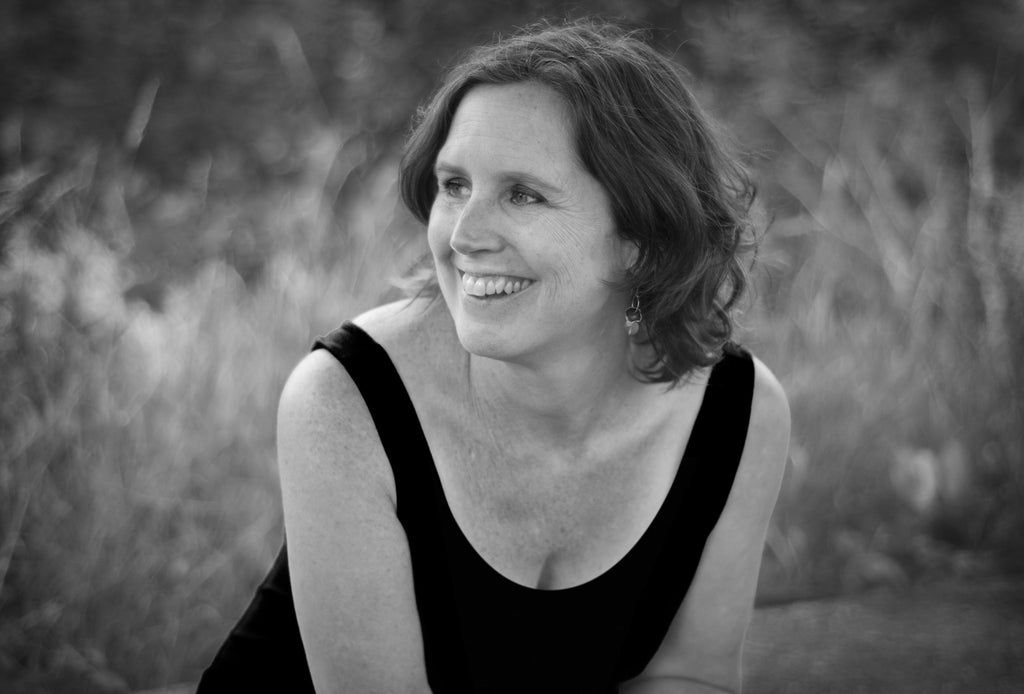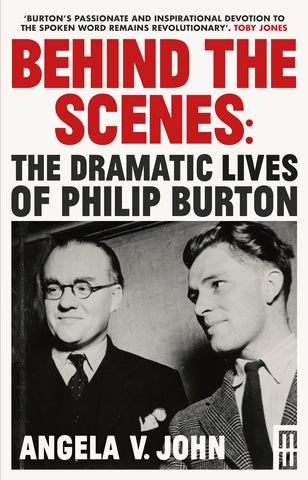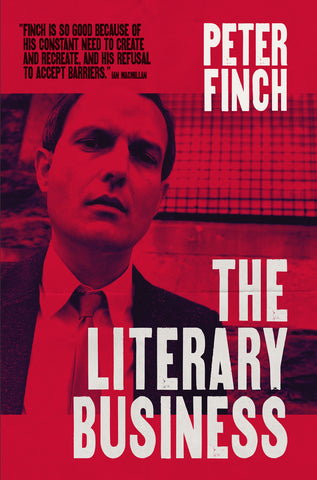Despite calling Mexican immigrant 'rapists.' Despite the obviously ridiculous idea of building a wall along the border of Mexico. Despite paying no taxes. Despite saying the Chinese made up climate change. Despite bilking contractors – small business owners he allegedly champions – who work on his hotels. Despite saying about women that he would 'grab them by the pussy.' Despite, despite, despite.
Trump will be the American president.
The last eight years have been an unusual time for me politically. When my president spoke, I agreed. Obama, while sometimes a frustrating executive (even though an executive with Republicans tying his hands behind his back), has been intelligent, frank, nuanced, emotional. When he spoke after the young black Trayvon Martin was shot in Florida – or cops in Dallas, or church-goers in Charlestown – he articulated something I felt. And it didn’t sound like a speech. He meant it.
And now, after the familiar red menace of a right-wing Republicanism swept over the American map again on election night, I feel despair.
The afternoon of Election Day, I was poring over the opening to one of my favorite books with my MA Creative Writing students at the University of Southampton. The book is Spartina by John Casey, about a fisherman struggling to earn a living in Rhode Island. He can’t get a bank loan to finish building his own boat; rich kids in sparkling speed boats pull up his lobster pots; the bank officer suggests he go on welfare.
'I wonder if Dick Pierce would vote for Trump,' I said to the class as we finished. 'I don’t think so.'
Maybe he did. But it’s become a cliché – in part, due to the discussion here about the Brexit vote – to say the white working-class have been left behind and are voting accordingly.
In America, a myriad of different interests coalesces around a right-wing Republican candidates. The Christian right voted for the twice-divorced Trump (81 percent of white evangelical Christians), because of abortion and gay rights; the gun lobby voted for Trump (60 percent of gun owners); and those against immigration (80 percent) voted for Trump. All these groups would vote against any Democrat. Not just against the imperfect candidate Hillary Clinton.
More wealthy people voted for Trump than Clinton. Of people earning more than $50,000 per year, 49 percent voted for Trump, vs. 47 percent for Clinton. Of those earning less than that, 41 percent voted for Trump, vs. 52 percent for Clinton. (Is this really an anti-establishment vote?)
And I will not dismiss the racism and fear and hatred that has been deployed in the Republican (and Brexit) campaign. Not just Trump, but the mainstream Republican party, has been using such scare tactics for decades. (See the Willie Horton campaign ad that Republicans used in Bush Sr.’s campaign against Dukakis in 1988.) That voters ignore or dismiss this ugliness is wrong. But Trump is not alone in this. He was just better at it.
I spent election night on campus, in a lecture hall full of more than 200 university students, who actually showed up at 10 p.m. to listen to five lectures on Obama’s legacy then watch the election returns.
There is no Obama legacy now. Every step of progress he’s made – on health care, climate change, tax reform, the nuclear deal with Iran – will be erased. The Supreme Court will be tilted to the right, for decades to come, with the likelihood that Roe v. Wade is overturned, that exclusionary voting laws are upheld, etc. etc.
Also gone will be the sense of excitement that Obama’s presidency still, though less so, engendered in young people. The evening started with a well-known clip of Obama’s borrowing a few lines from a woman he’d met on the campaign trail, which Dr. Chris Fuller, the History lecturer leading the event, borrowed as well. 'Am I gonna do this?' he said. 'C’mon, you’re all here at 10 o’clock. Let’s do it.
'Fired up?' he said.
'Fired up!' the students shouted back.
Hours later, as it became clear that night that Trump was going to win, another History colleague, American, said he wasn’t worried about his own family in America – they’d be fine. He wasn’t worried for himself, but for the people on the financial brink that would suffer, ironically many of the very same people who are placing their hope in Trump.
At first I agreed – indeed, it is low-income people, be they African American, Latino, or white, who will likely be hurt the most.
Then, I think of my own family. My nephew, just 19, who is gay – what kind of atmosphere will he now face? My niece, now working for the Peace Corps in Rwanda – will she have the same reproductive choices I’ve had when she returns? Will my other niece face a more sexist workplace? Another nephew is dating an African American woman. How much more difficult will their lives be?
We are intertwined. Trump and his 'policies' don’t reflect that.
The next morning, another class, this time BA students. As they filed in at 9 a.m., they looked at me as if my grandmother had just died. 'Did you stay up all night?' one asked. I nodded. 'I can’t believe it,' said another.
In the last two weeks of this narrative non-fiction class, we’ve read book-length essays by James Baldwin and Te-Nehisi Coates, which mix the personal and the polemic to create a vivid picture of the problem of race in America. I didn’t have to tell them that Trump would not be making that problem any better. And Trump is simply reflective of the nationalistic right-wing trend sweeping across the West.
'It’s up to you now,' I said as the last student took his seat. 'My generation has fucked up. It’s up to you, to use your fabulous writing skills and intelligence and find jobs that will address societal issues. It’s up to you.'
It’s up to us, too.
Carole Burns is an author and lecturer who lives in Cardiff. Her book based on interviews with writers, Off the Page: Writers Talk About Beginnings, Endings and Everything in Between, was published by Norton in 2008; she regularly interviews authors and reviews books for The Washington Post. She won the Ploughshares'John C. Zacharis First Book Award for her debut short story collection The Missing Woman, has been shortlisted for the Bridport Prize in Short Fiction in 2012, 2013 and 2014, and awarded the MaryRoberts Rinehart Award in Fiction. Her stories have appeared in Ploughshares, Puerto del Sol, Folio and Other Voices. Burns is Head of Creative Writing at the University of Southampton and a co-organiser of XX Women’s Writing Festival. She is also a co-founder of the National Flash Fiction Day project Imagistic. www.caroleburns.com



